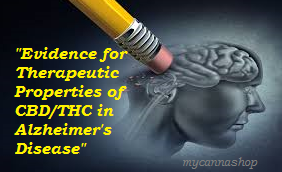If you’re familiar with cannabis science, you know about CB1 and CB2, the receptors located throughout the body that are triggered by cannabinoids like tetrahydrocannabinol (THC) and cannabidiol (CBD).
It’s via these receptors that THC and CBD are able to bring about some of the therapeutic effects that cannabis is known for.
It’s via these receptors that THC and CBD are able to bring about some of the therapeutic effects that cannabis is known for.
While CB1 and CB2 get the most attention—likely because we know the most about them—there are other receptors in the body that also respond to cannabinoids, like TRPV1 and GPR55. These receptors are influenced by THC and CBD, as well as anandamide and 2-arachidonoylglycerol (2-AG), endocannabinoids made by our bodies.
"Research on the TRPV1 and GPR55 receptors shows cannabinoids may hold promise in treating cancer and Dravet syndrome".
We’re beginning to gain a better understanding of TRPV1 and GPR55. Both hold much therapeutic promise, and CBD may be one of the ways to unlock this potential.





